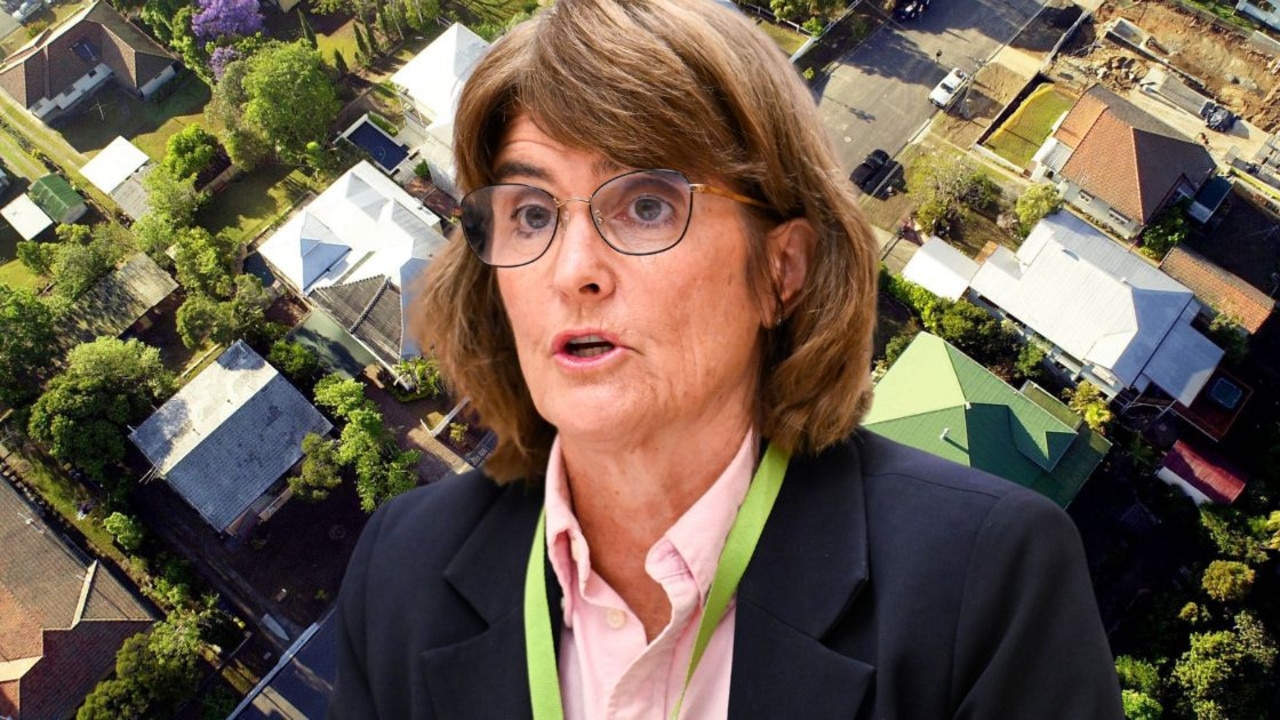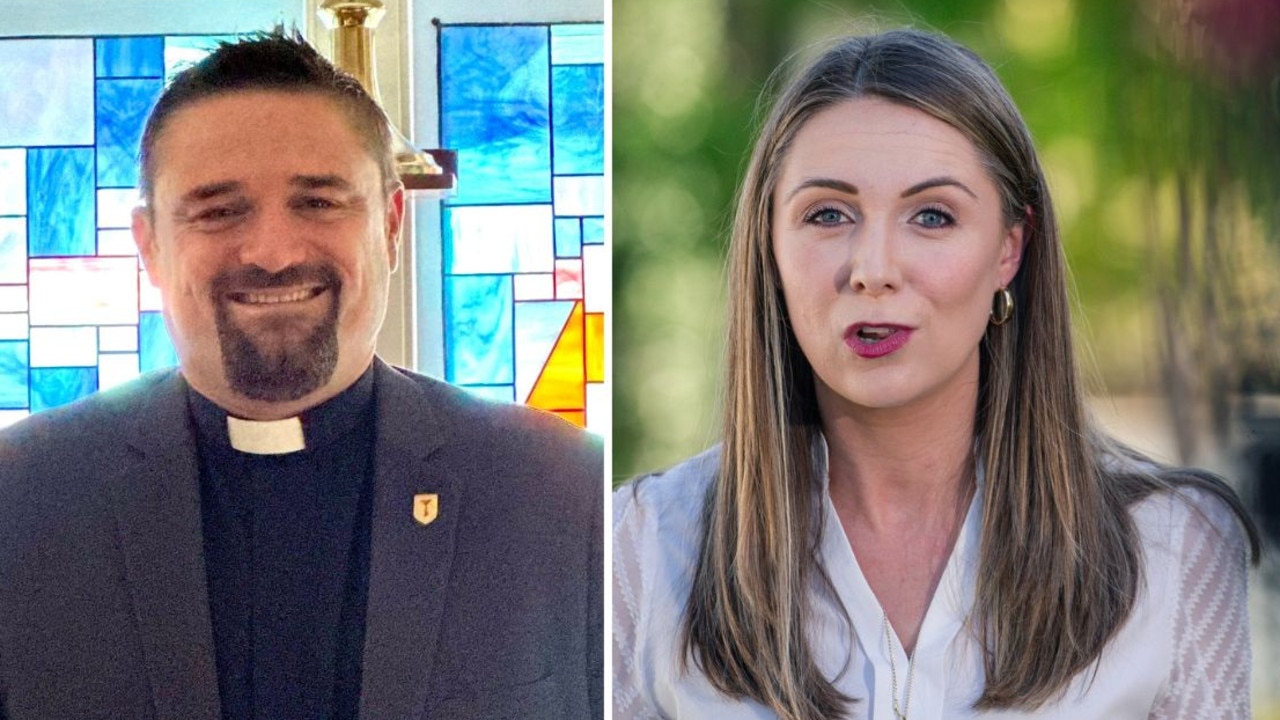Foster caring has huge rewards — and challenges
RENAE and Steven Brock estimate they’ve cared for 50 foster kids. But they warn it’s not all plain sailing.
CM Insight
Don't miss out on the headlines from CM Insight. Followed categories will be added to My News.
FIFTEEN years ago, a pregnant Renae Brock walked into a government office to ask about becoming a foster carer — and walked out with four children.
Things were very different then. And worse, her husband was away with the army. It was weeks before he learned their family of two had become six.
They were all siblings. The eldest was 12 and the youngest just one. That night Renae asked the older children if they wanted to bunk in with the younger ones. They did. She told them they could choose what they wanted for dinner. They asked for McDonald’s, of course. But she felt it was important to give them control over something. These frightened, wide-eyed children who had been plucked from their home and given no choice in anything.
“We were living in Darwin,” Renae said. “I’d gone in to ask about becoming a carer and they asked me how serious I was about it.
“I said, ‘well, I’m actually just inquiring at the moment’.
“And they said ‘we’re really desperate. We have four children we can’t place. They’re sitting here and we really need help’.”

In the years since then, Renae and Steven Brock estimate they’ve cared for more than 50 children. Some because their parents weren’t quite able to care for them, others because they had been pulled from their homes by police, because they were in danger, abused or neglected.
The Brocks are among 5218 foster carers in Queensland who look after 8300 children in need. Today becoming a foster carer is far more involved than walking into a building and walking out with four kids in tow. It involves checks and training, an assessment of the safety of your home, interviews and preparation.
Telling her family’s story for Child Protection Week, Renae said caring for society’s most vulnerable was the most rewarding thing she’s done. The Brocks are supported by Anglicare, with Anglicare carers looking after 900-1000 children every day.
“Just seeing the happiness in their faces makes it worthwhile,” she said. “Especially with the younger ones at Christmas time. All of a sudden they wake up in the morning and they’ve got presents to open. It’s that smile they get when they realise they’re stable. They’ve got a roof over their head. They get food. Simple things like being able to go to the fridge and get an apple.”
Renae said she had cared for children whose birthdays had never been celebrated. Or children whose parents had never bothered with celebrations such as Christmas.
“It’s very sad, especially when they don’t know how to open up a present,” she said.
Renae and Steven currently care for their own three children, as well as two little girls aged 18 months and two. Their six-bedroom home is chaotic. But they always talk to their children before taking anyone in.

Foster carers like the Brocks see the best and the worst.
Renae has filmed a toddler’s first steps to show to their parents. She’s bought gifts for children’s first birthdays. She puts photos of their parents, siblings and grandparents in their room so they have a connection to their family.
She gives them a home, her time and her care. And she sees terrible things. Children who have been abused or neglected.
“We had one little girl who came in the middle of the night,” she said. “She had been removed by police. It was really quite a bad situation.
“She didn’t handle being around men so my husband had to take a step back and let me handle things.
“She didn’t like loud noises or people laughing. She was obviously malnourished. All she wanted to do was eat. We had to take food off her and give her frequent small meals.”
Steven and Renae cared for that little girl, just a toddler, for five months. By the end she would sometimes laugh. She would sometimes smile. But then she would look around as though she was about to be punished for laughing.
“I remember she dropped a toy off the table and ran away and hid because she thought she was going to get in trouble,” Renae said.
But despite the chaos and the tragedy, Renae said she would recommend foster caring to anyone.
“Go in with your eyes open,” she said.
“Do your research. Have an understanding of exactly what you’re getting into.
“It’s one of the most rewarding things you could ever do. I wouldn’t give it up for anything. But you need to take the time to sit down and think about it.
“Talk to your own kids. Talk to your extended family.”
How to become a foster carer
Becoming a foster carer usually takes three to six months and involves:
● Being over 18 and having, or being able to get, a Blue Card
● Filling out an application or approval form so the Department of Child Safety can undertake background checks
● Undergoing a household safety study
● Filling out a health and wellbeing questionnaire, which may involve a medical assessment
● Partaking in interviews – both you and any adult household members
● Undertaking pre-service training to develop the skills and knowledge you need to be a foster carer


